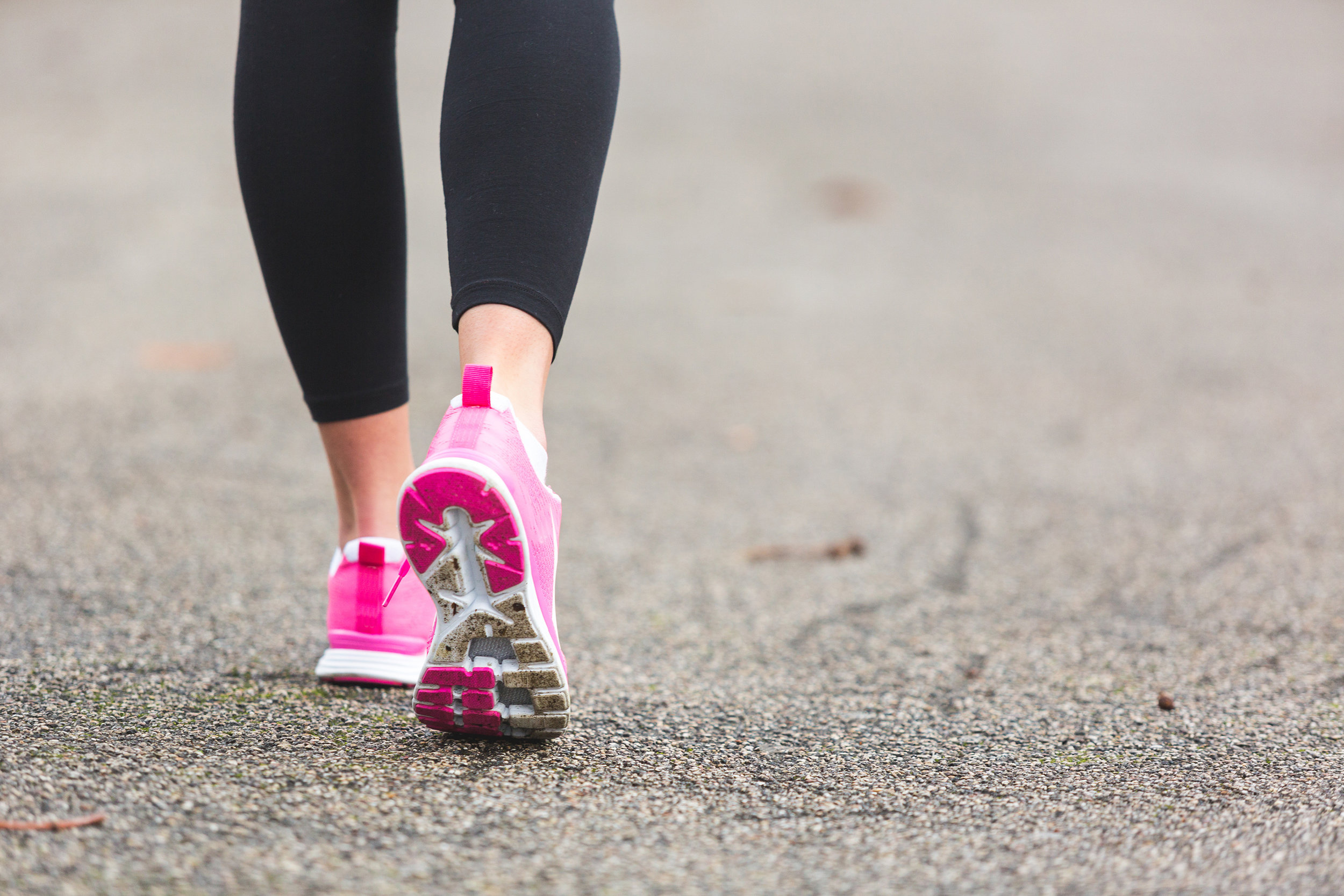5 Ways to Improve Memory
/Do you worry about memory loss when you can’t find your car keys? Do you feel stressed and frustrated when you walk into a room and can’t remember why or what you needed?
You’re not alone! Memory Loss is the #1 Fear of people over 55.
I’ve been doing a deep dive into the research around how to prevent Dementia and Alzheimer’s Disease. There’s a lot of research that’s been done over the last 15 years or so, and I’ll be sharing a lot more on the topic of maximizing memory over the next several months.
As we age, the brain does change, but that doesn’t mean you’re destined for serious memory loss.There are many actions you can take now to keep your mind sharp and help prevent memory loss, Dementia and Alzheimer’s Disease! Here are 5 “Pillars” to maximizing memory:
#1: Eat the Right Foods.
Although there isn’t an “Alzheimer’s Diet”, many recent studies have shown that people who eat the right types and amount of fruits, vegetables, legumes, whole grains, nuts and healthy fats (while decreasing specific processed foods and saturated fats), are less likely to develop Dementia and Alzheimer’s disease. The key is getting the right amounts of brain-healthy foods and minimizing brain-harming foods. Choosing the right foods helps prevent amyloid plaques from forming in the brain. These amyloid plaques are a key problem in Alzheimer’s disease.
#2: Improve Your Numbers.
If you have high blood pressure, high cholesterol, pre-diabetes or diabetes, improving these numbers has a significant, positive impact on your brain health. Having high blood pressure in midlife increases the risk of cognitive decline later in life. High levels of LDL-cholesterol and high blood sugar can also increase the chances of developing Dementia or Alzheimer’s disease. The good news is, by improving your brain boosting diet, you’ll get triple the benefit-- lower numbers, along with keeping your heart, brain and memory healthy.
#3: Exercise Your Body & Brain.
Yes, being active helps your brain too. Moving your muscles increases the number of tiny blood vessels that bring oxygen to your brain, which is essential for mental clarity. Aerobic exercise is especially good for the brain and exercising in the morning has the added bonus of preparing the brain for learning and mental activity.
Activities that use hand-eye coordination are especially good for keeping the brain nimble. Tennis, pickle ball, ping pong and golf are just a few to consider. Getting out in the fresh air for short walks also boosts mental clarity and creativity.
Although more research is needed, some researchers report exercise reduces the risk of developing Alzheimer’s disease by 50% -- Count me in for exercise! As mentioned in #2, exercise also lowers blood pressure, improves cholesterol, and helps balance blood sugar.
How do I exercise my brain?
The brain is no different than our muscles when it comes to using it. “If you don’t use it, you lose it.” The brain needs stimulation to keep growing and improving. These mind games create new connections in the brain and help with “neuroplasticity” -- the brain’s ability to adapt and change. Here are a few examples:
● reading
● doing word puzzles or math problems
● trying a new craft such as pottery, drawing, or painting
● learning to play guitar
● taking a dance class
● trying a new sport
#4: Maximize Sleep
Lack of sleep impairs problem-solving, critical thinking and memory. The best time to improve memory is during the deepest stages of sleep. So not just getting the recommended 7 ½ to 9 hours of sleep but making sure you get a solid sleep is critical. Making changes to your daytime routine and bedtime habits can significantly improve your mental clarity. Here are a few strategies to try:
· Avoid screen time at least one hour before bed. That means turning of TV’s, computers, laptops, smart phones and tablets because the blue light triggers wakefulness and suppresses hormones that make you sleepy.
· Establish a bedtime routine. Create a 20-minute routine that relaxes your mind and body. Examples include turning down the lights, drinking herbal tea, taking a warm bath, reading, doing stretching exercises or deep breathing exercises, and listening to relaxing music.
· Avoid Caffeine and Alcohol. Caffeine affects people differently, but for most people it’s best to avoid caffeine after Noon. For others, they may need to avoid caffeine entirely because even that morning cup of coffee can interfere with sleep at night. As for alcohol, too much or having a drink late in the evening can significantly disrupt sleep several hours later. You may fall asleep easily, but then be wide awake at 2am, disrupting the deep sleep your memory needs.
#5: Minimize Stress
Although hard to measure, there is an association between high stress levels and high cholesterol, high blood pressure, high cortisol levels and Alzheimer’s disease. The stress hormone cortisol damages the cells in the memory center of the brain. A regular stress-relaxation practice is key to optimal mental performance, along with improving focus, attention and overall health.
Meditation is one example of a stress reducing technique. It’s is a great way to lower stress, and it doesn’t take a 30-minute session for it to be effective. Just a few minutes periodically throughout the day can have brain boosting benefits. A few ideas to try:
● Set a timer for 5 or 10 minutes and sit quietly focusing on your breath, doing some deep breathing
● Get out of your chair every hour and do some stretching exercises
● Listen to 10 minutes of instrumental music as you start your day, at mid-day and before bed.
If you want to learn more about the specifics to maximizing your memory, stay tuned for an online program I’m creating for you, along with more blogs and brain-boosting recipes!
And of course, if you have questions, always feel free to reach out to me at jill@jillwestrd.com.















